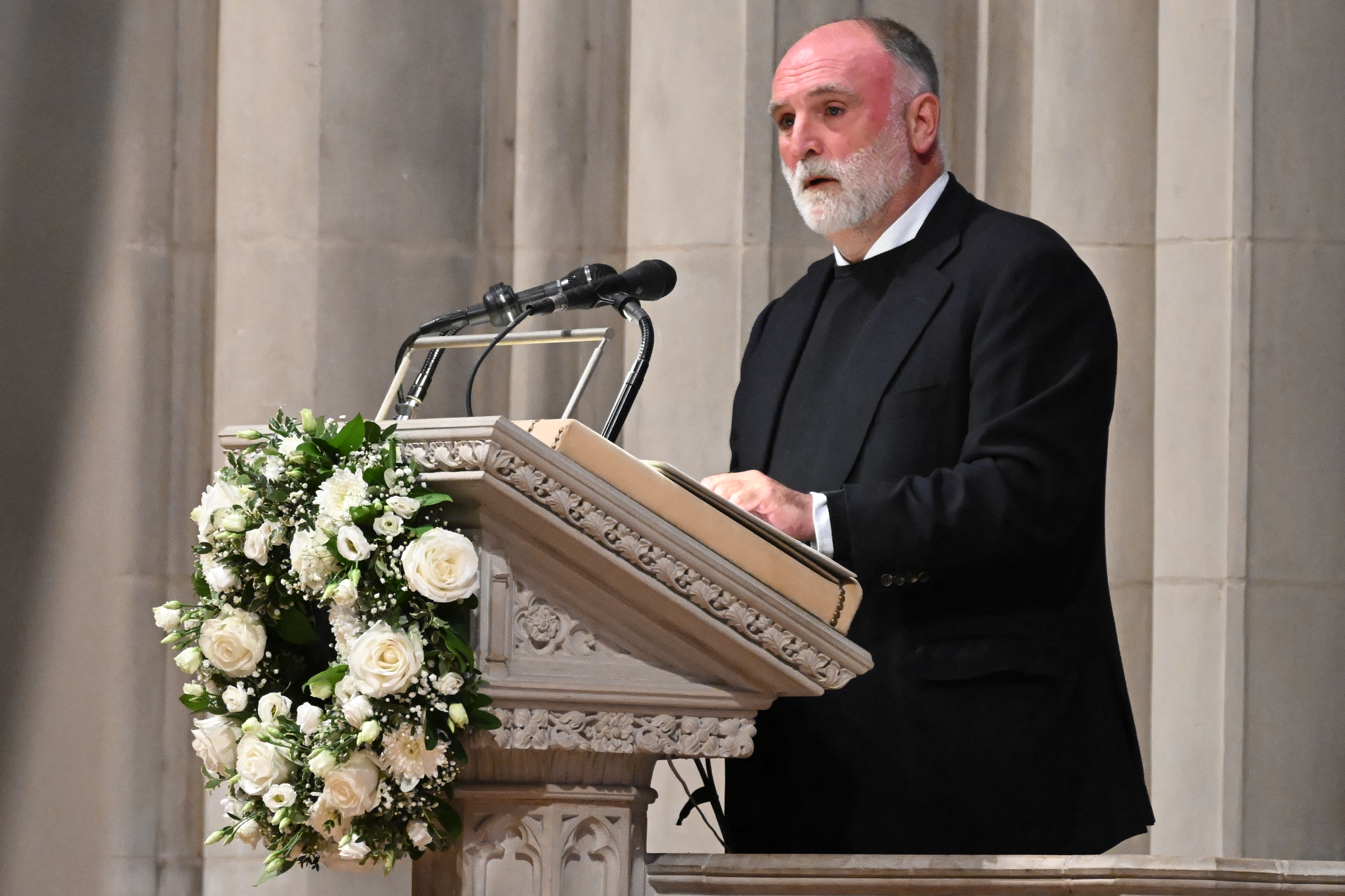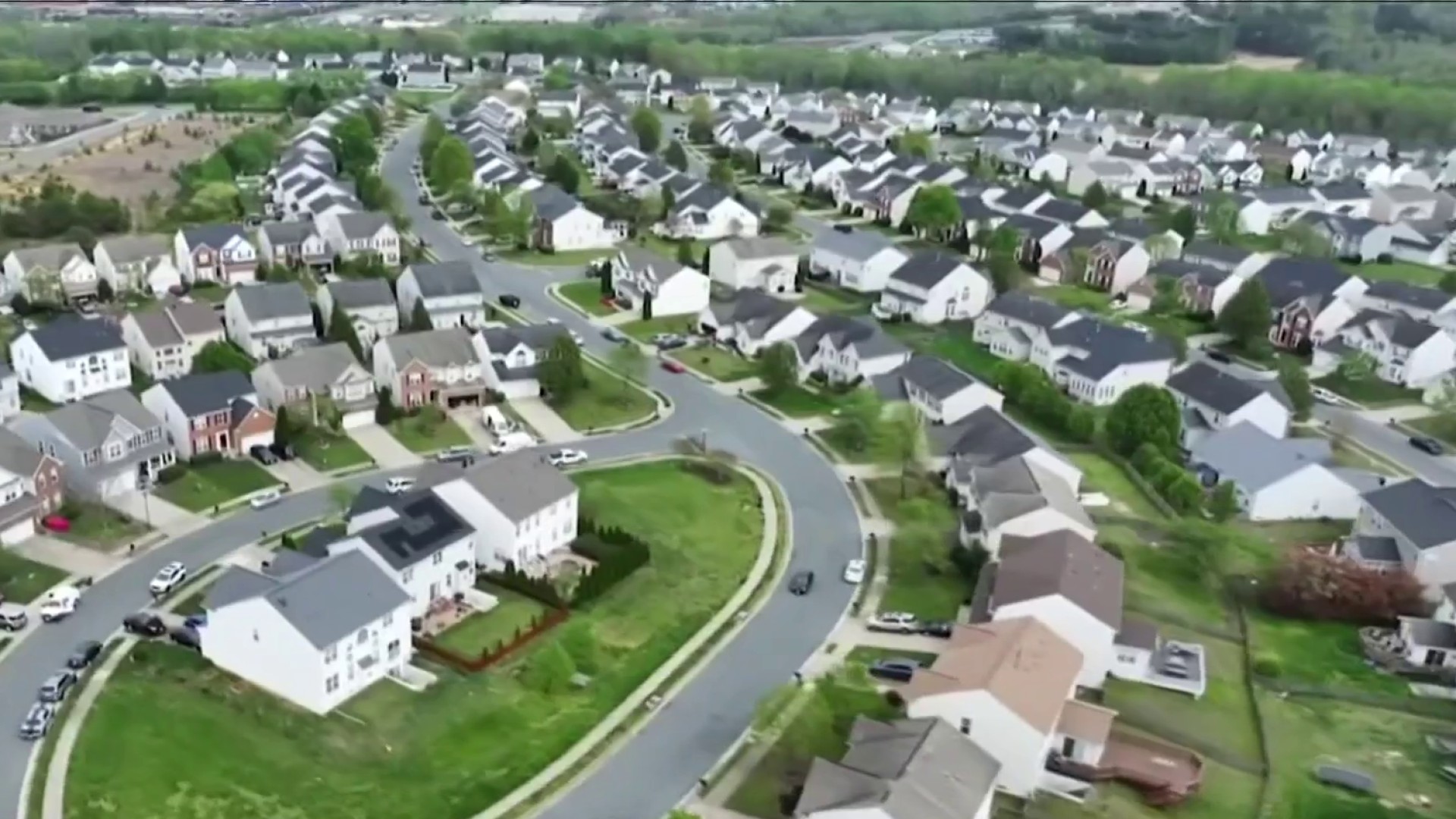At the intersection of the #metoo movement, racial injustice protests and police reform, a growing number of Black women in law enforcement are sharing their stories of discrimination and sexual harassment on job.
Women say after reporting behavior up the chain of command, their complaints were either ignored or downplayed.
"He was saying things like, I never been with a black woman before," Baltimore Police Department Sgt. Jasmin Rowlett said.
"We have women that have had male supervisors with an erect penis pressed up against their buttocks," Metropolitan Police Department Assistant Chief Chanel Dickerson said.
We're making it easier for you to find stories that matter with our new newsletter — The 4Front. Sign up here and get news that is important for you to your inbox.
The women say for speaking out, they lost income and had their reputations tarnished.
Their accounts suggest wearing a badge does not shield from the ills of a toxic workplace
The road to accountability for these women and other Black women in law enforcement runs through the courts.
Local
Washington, D.C., Maryland and Virginia local news, events and information
"What I will not stand for is the continued mistreatment after I have sacrificed so much,” Dickerson said.
Dickerson is among more than a dozen current and former D.C. police officers suing the department, alleging civil rights violations. She says after 31 years as a Black woman in a male-dominated workplace, she’s seen and heard it all.
"I had a former supervisor, I mean, he commented on my physical attributes in detail," she said.
"I was a cadet and I was told that I would have to have an abortion or be terminated," Dickerson said.
In a separate lawsuit, former MPD cadet Alice McIntosh and three other former MPD cadets accuse academy supervisors of punishing them for participating in an internal affairs investigation.
“The sergeant started to personally attack me and isolate me from my peers," she said.
Last month, Rowlett and three other female sergeants sued the Baltimore Police Department, alleging harassment.
“Because we spoke out against these white men in positions of power, we have become a target,” Rowlett said. “We have been blackballed."
Their attorneys say their cases point to a culture within policing and an inability or unwillingness for departments and local governments to fix it.
"Every single one of my plaintiffs complained both internally and externally through the EEOC, through the human rights department, through the mayor's office, and when they complain, they're just not believed, not heard and not taken seriously," said attorney Pamela Keith, who is representing 15 women suing the District and its police department.
Dionna Lewis represents Rowlett and has nearly a half dozen active cases involving Baltimore police.
“What I think we see with police departments, particularly as it relates to workplace incidents, is this blue code of silence, right, that you don't rat out, if you will, or become a snitch with your sisters and brothers in blue,” she said.
Court records show the District has paid at least $1 million to settle cases brought by female officers in the past five years. Baltimore does not track the race or gender of its officer settlements.
“It’s police departments all over this country that Black women are being mistreated," Dickerson said.
Similar lawsuits were filed in Ohio, Illinois, Tennessee and Washington state in the past year.
“This is a systemic and an institutional problem," Lewis said.
According to the Department of Justice, Black women account for only 3% of full-time, sworn officers nationally, but University of Maryland Professor Rashawn Ray said they are far more likely to face racial and gender discrimination and harassment than their white peers.
“Not only are they discriminated against when it comes to promotion, when it comes to retention, but also, they might be more likely to be sexually harassed and also assaulted because they're women,” he said.
Ray said his research suggests unequal treatment in the workplace spills on to the streets. which is why some of the calls for change heard last summer are being echoed by these officers.
“Part of what these black women are highlighting is that we can't simply go into the communities and try to make these changes if we have not worked on ourselves first," Ray said.
The officers hope their cases will force local governments to act.
“There are people who could actually decide that they're going to be transformational leaders, that they're actually going to pay attention to this,” Keith said.
That’s why women are coming forward -- to protect their sisters in blue and the women coming behind them.
“Policing will not continue to evolve without women in policing," Dickerson said.
“We can step up and say we will no longer condone this culture," she said.
Baltimore police would not respond to a request for comment, but their attorneys have asked a judge to dismiss Rowlett’s lawsuit.
MPD says it is committed to treating its members fairly and equitably and is conducting a thorough review of the allegations.
These cases will take time to play out in court. In the meantime, the D.C. police officers are demanding the D.C. Council holds a public hearing.



